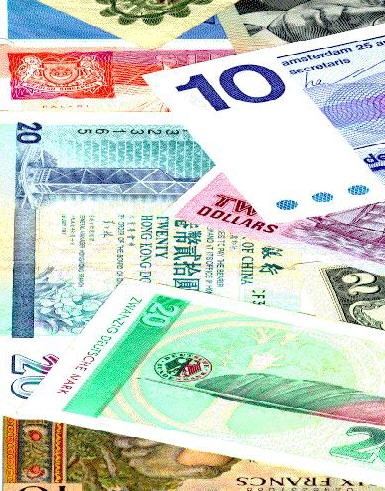Douglas A.Ruby

 | |
|
Principles of
Microeconomics
Description: A market economy is dependent on the price system to guide in decisions related to the production, distribution, and consumption of goods and services. Microeconomics is about describing the economic behavior and decisions made by individual economic agents. These behaviors affect relative prices that act as signals in a market economy to guide production and consumption decisions. Textbook Recommendations: Frank, Robert H., Ben Bernanke Principles of Economics,3rd ed., 2007, McGraw-Hill. Hubbard, Glenn., Anthony O'Brien Economics,2nd ed., 2009, Pearson Education. Mankiw, N. Gregory, Principles of Economics, 5th ed., 2009. McConnell, Campbell R. and Stan Brue Economics,16th ed., 2004, McGraw-Hill. Miller, Roger LeRoy Economics Today,14th ed., 2008. |

Worksheets: These worksheets are in .PDF format and require Adobe's Acrobat Reader. • Worksheet #1 -- Comparative Advantage • Worksheet #2 -- Production Possibilities • Worksheet #3 -- Equilibrium Analysis Microeconomics Glossary |
Fundamental Concepts
• Economics as a Social Science
• Working with Equations
• The Importance of Relative Prices
• Optimizing Behavior
• Production and Production Possibilities
• Specialization and Exchange
• Supplement: Comparative Advantage (opens in a new browser window)
Markets and the Price System
• Market Analysis
• Exogenous Demand-side Shocks
• Exogenous Supply-side Shocks
• Exogenous Shocks to Both Sides of the Market
• Elasticity Measures.
• Consumer Surplus.
Production and Costs
• The Costs of Production in the Short Run
Competitive Behavior
• Profit Maximization and Output Decisions
• An Analysis of Competitive Markets
• Pricing Power and Monopoly
Strategic Behavior
• Game theory
 |